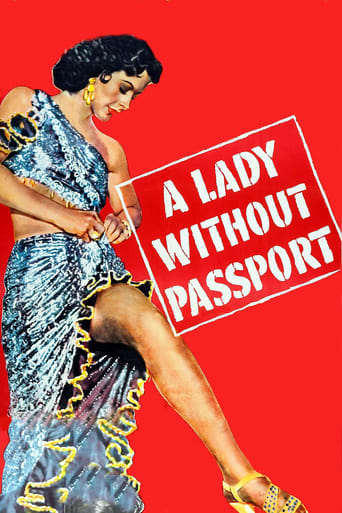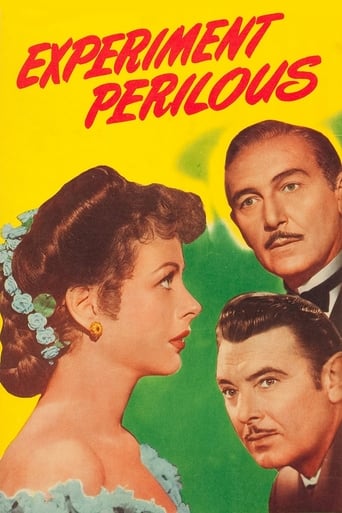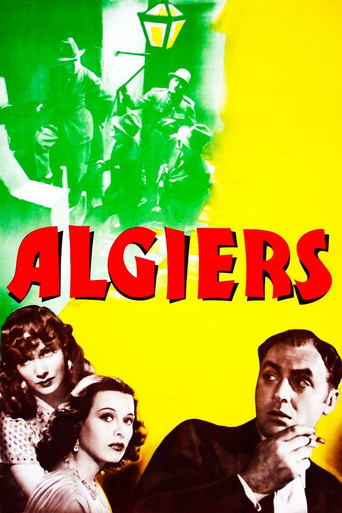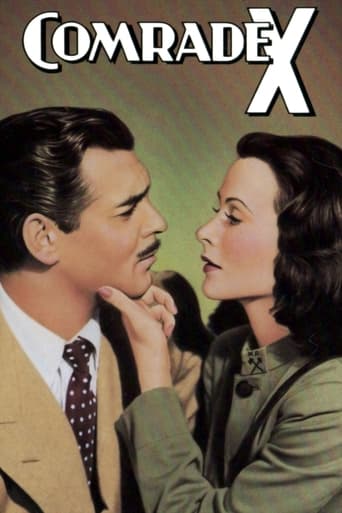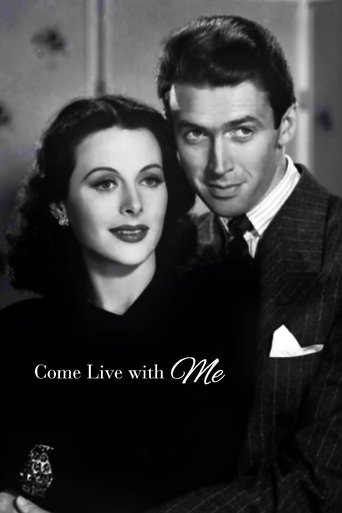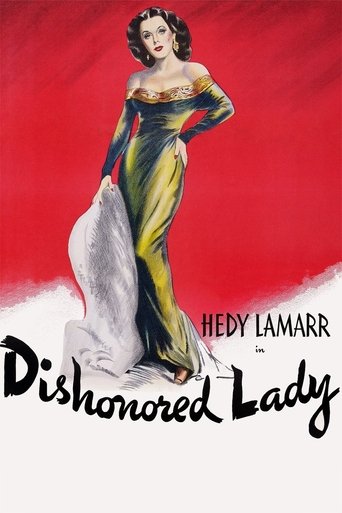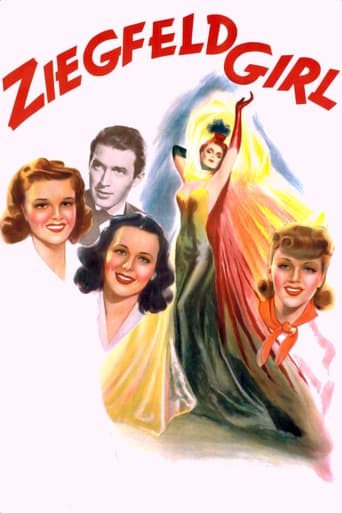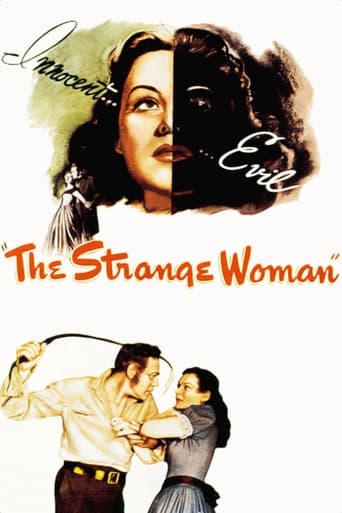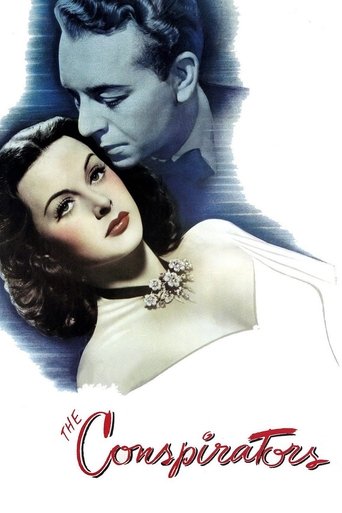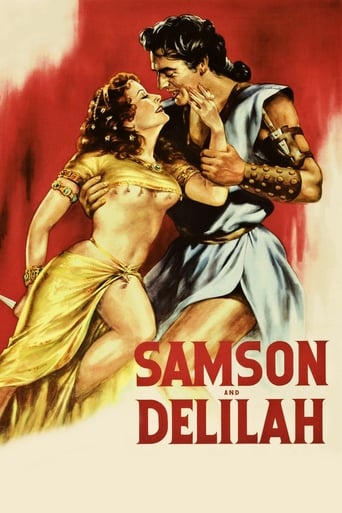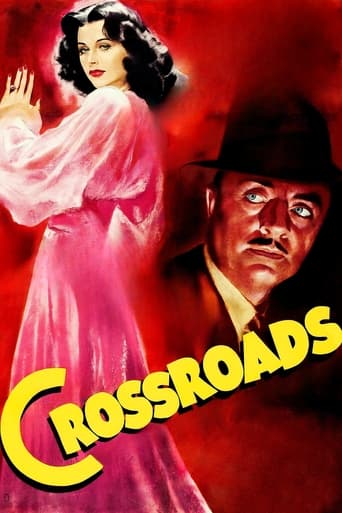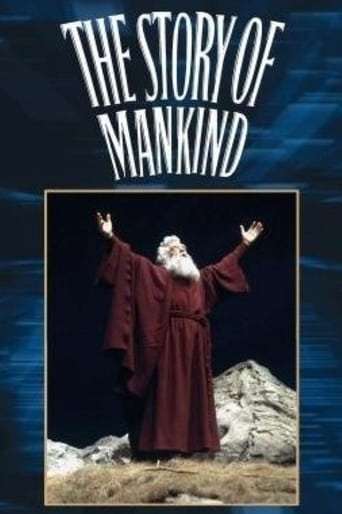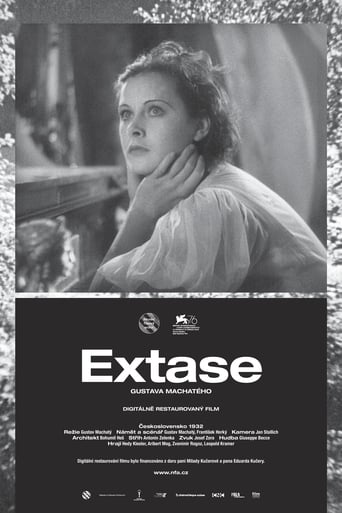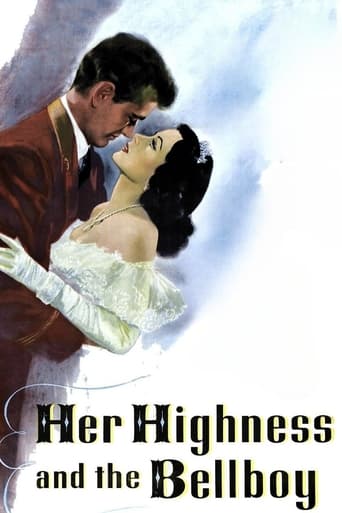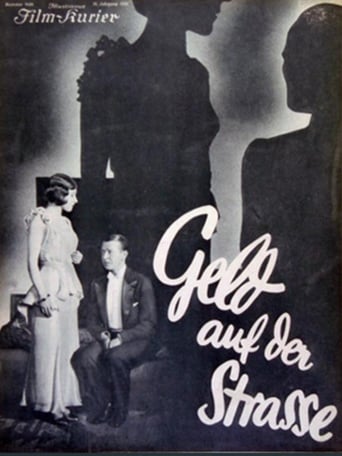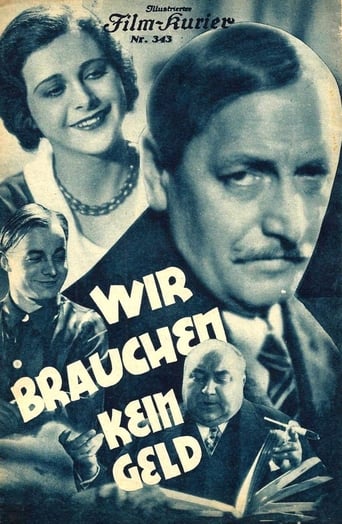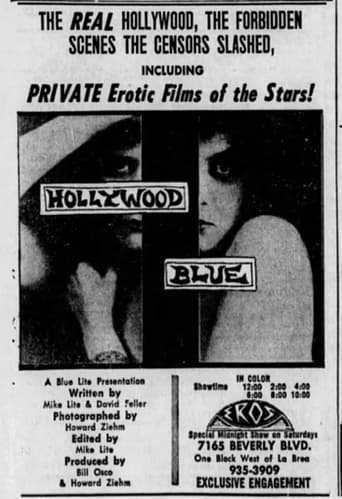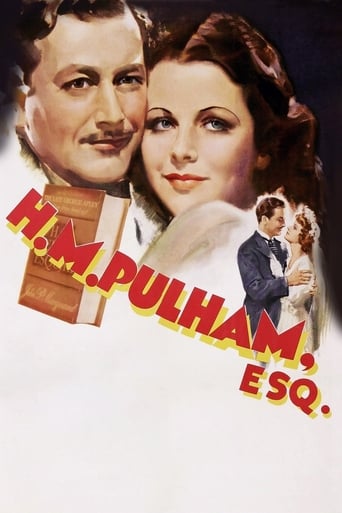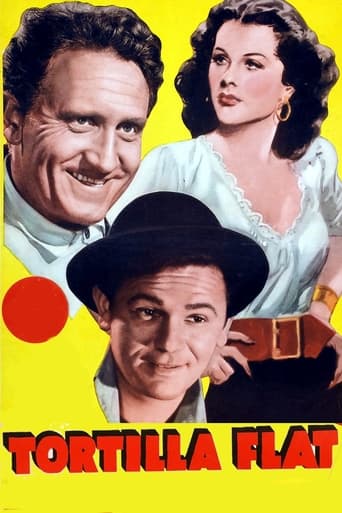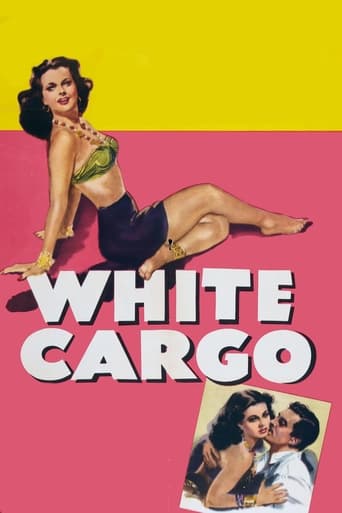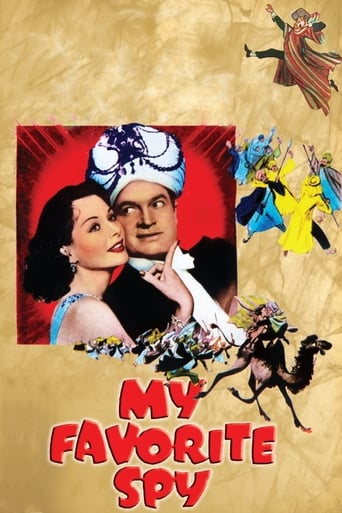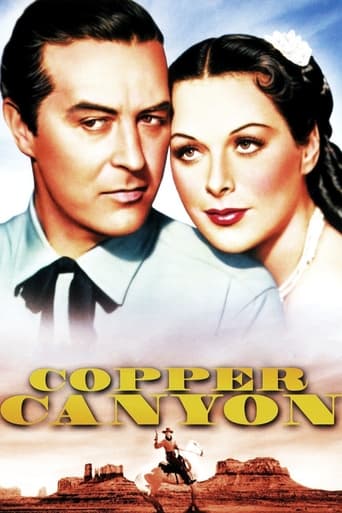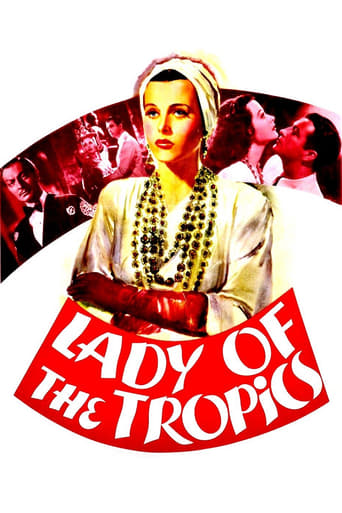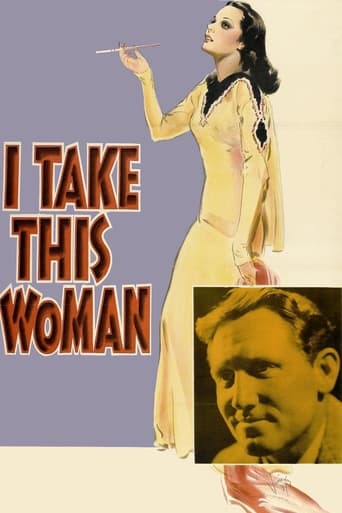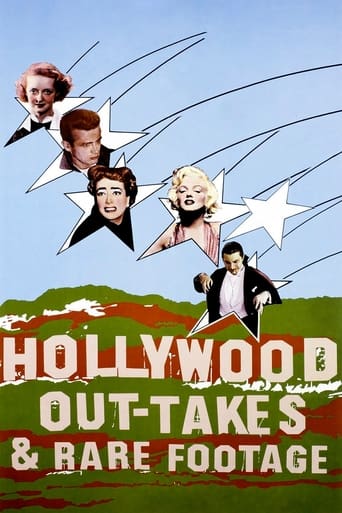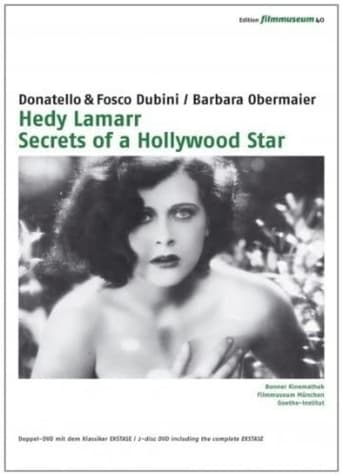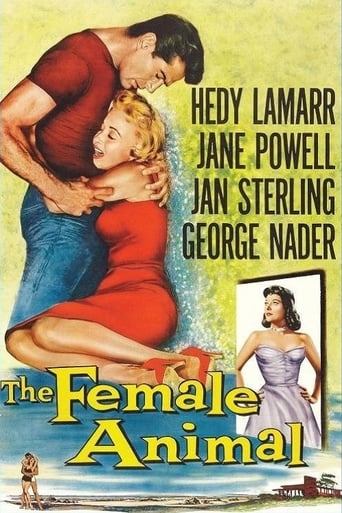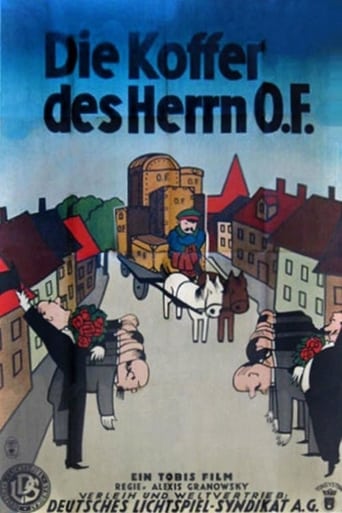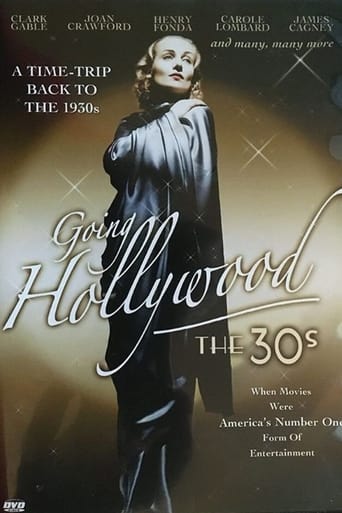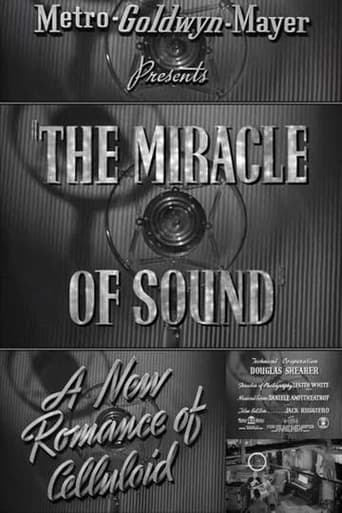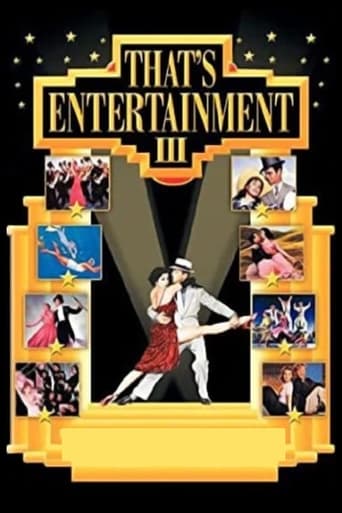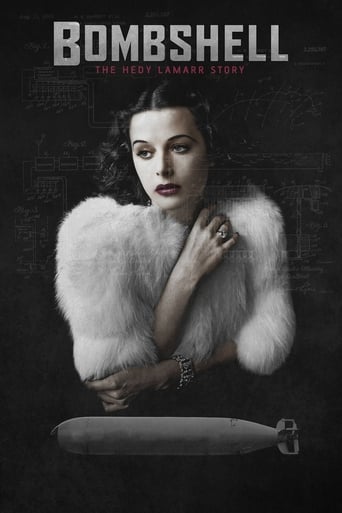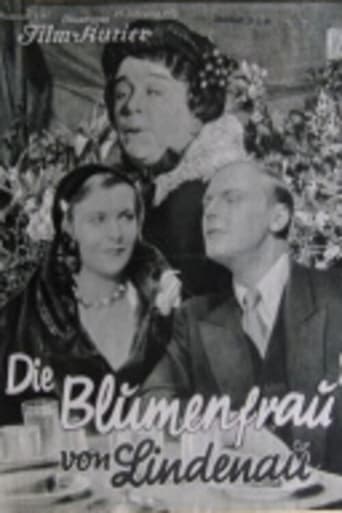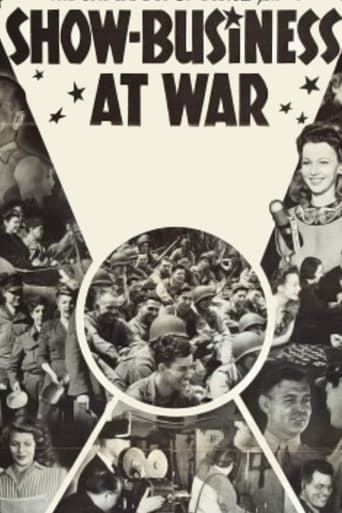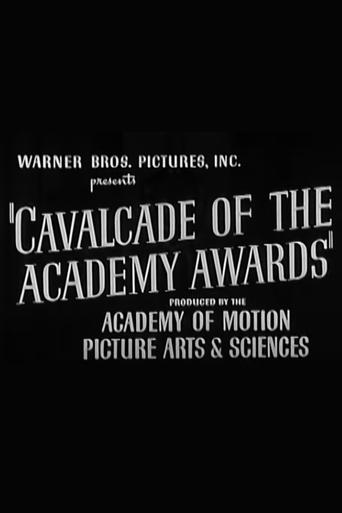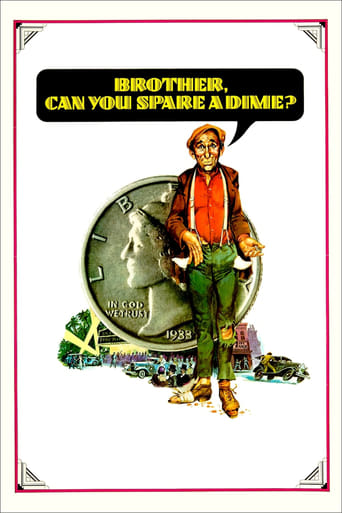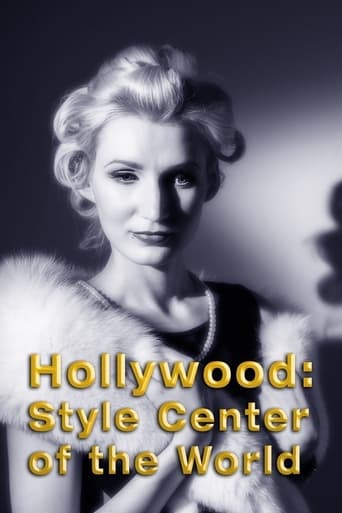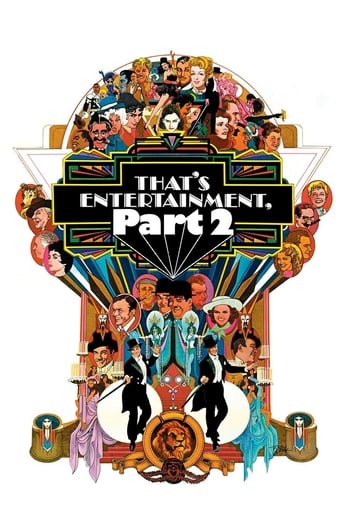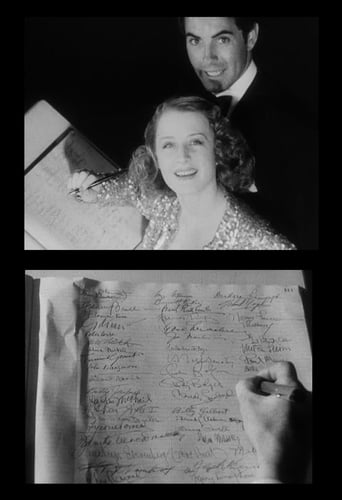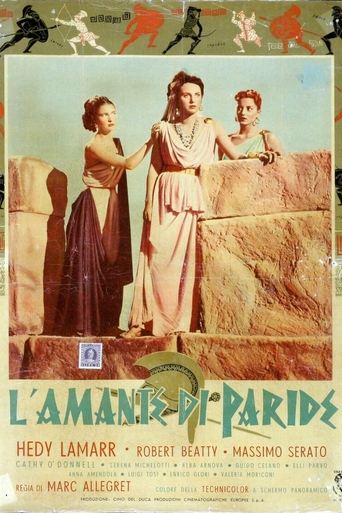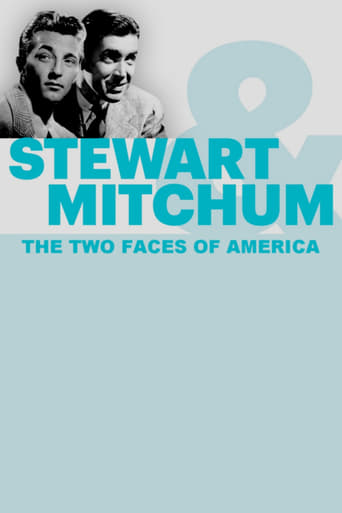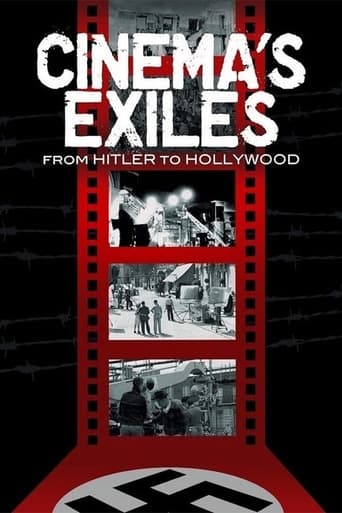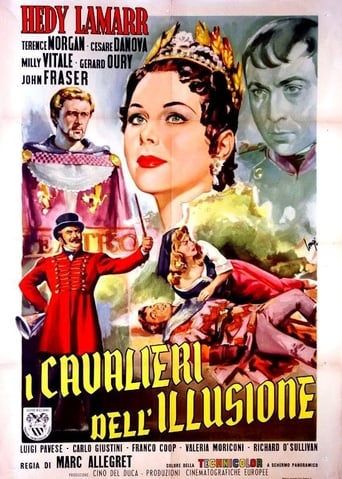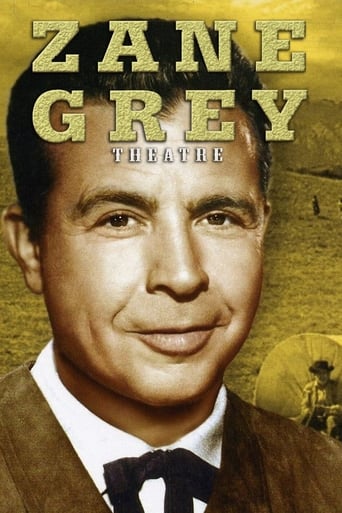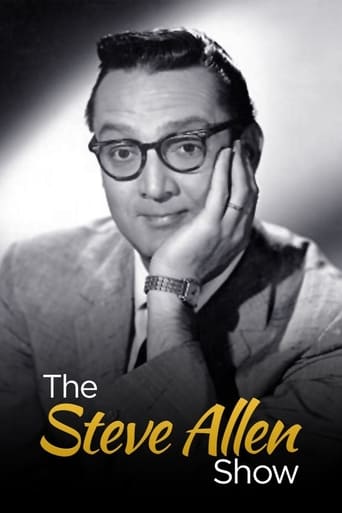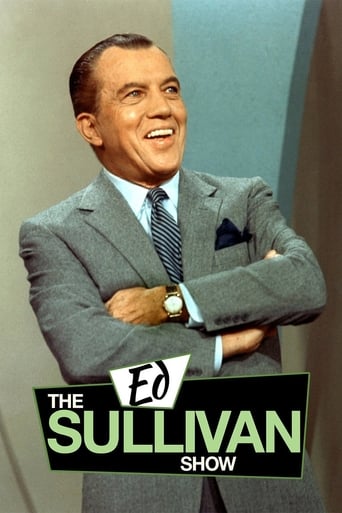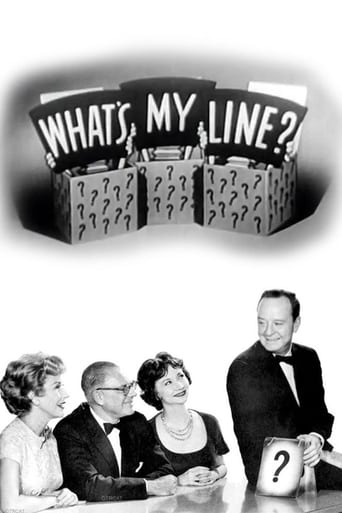
Hedy Lamarr
Hedy Lamarr (born Hedwig Eva Maria Kiesler; November 9, 1914 – January 19, 2000) was an Austrian-born actress and technology inventor. She was a film star during Hollywood's Golden Age. After a brief early film career in Czechoslovakia, including the controversial Ecstasy (1933), she fled from her first husband, a wealthy Austrian ammunition manufacturer, and secretly moved to Paris. Traveling to London, she met Metro-Goldwyn-Mayer studio head Louis B. Mayer, who offered her a movie contract in Hollywood. She became a film star with her performance in Algiers (1938). Her MGM films include Lady of the Tropics (1939), Boom Town (1940), H.M. Pulham, Esq. (1941), and White Cargo (1942). Her greatest success was as Delilah in Cecil B. DeMille's Bible-inspired Samson and Delilah (1949). She also acted on television before the release of her final film, The Female Animal (1958). She was honored with a star on the Hollywood Walk of Fame in 1960. At the beginning of World War II, she and avant-garde composer George Antheil developed a radio guidance system for Allied torpedoes that used spread spectrum and frequency hopping technology to defeat the threat of jamming by the Axis powers. This system later became the basis for what is now known as Bluetooth. Description above from the Wikipedia article Hedy Lamarr, licensed under CC-BY-SA, full list of contributors on Wikipedia.
- ಶೀರ್ಷಿಕೆ: Hedy Lamarr
- ಜನಪ್ರಿಯತೆ: 17.294
- ಹೆಸರುವಾಸಿಯಾಗಿದೆ: Acting
- ಜನ್ಮದಿನ: 1914-11-09
- ಹುಟ್ಟಿದ ಸ್ಥಳ: Vienna, Austria
- ಮುಖಪುಟ: http://www.hedylamarr.com/
- ಎಂದೂ ಕರೆಯಲಾಗುತ್ತದೆ: Hedy Kiesler, 海蒂·拉玛, Hedwig Eva Maria Kiesler, Хеди Ламарр, Хеди Кислер

